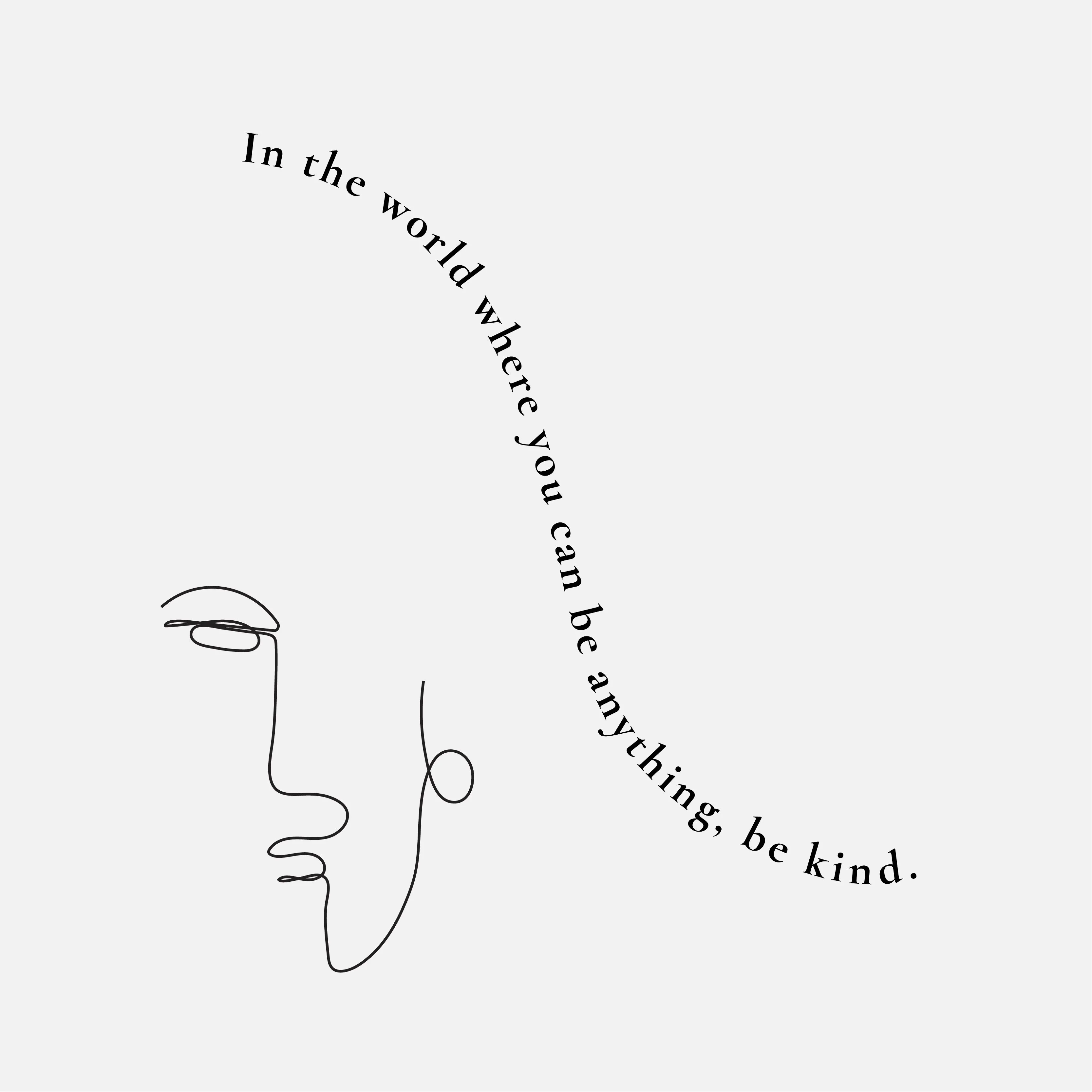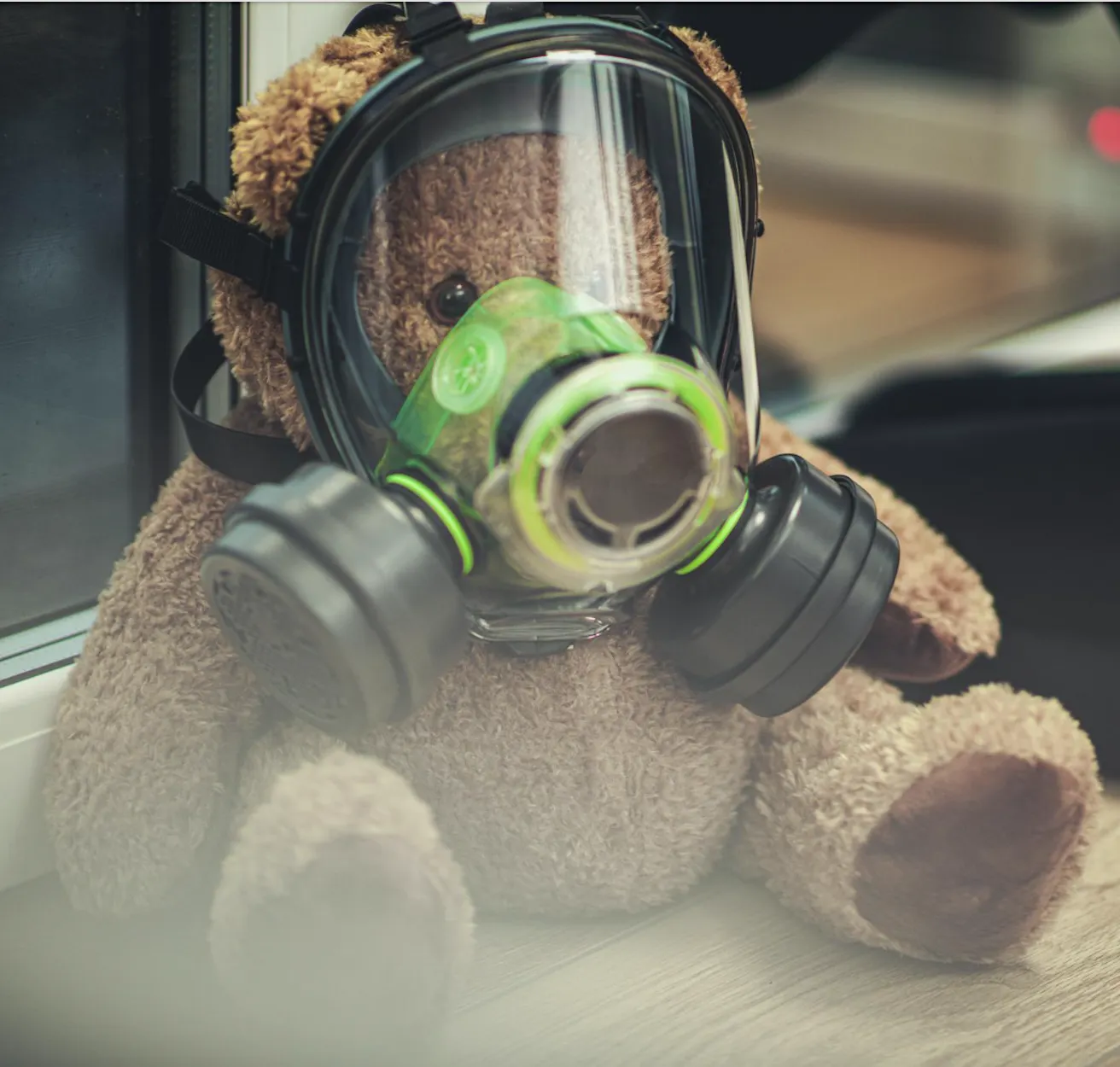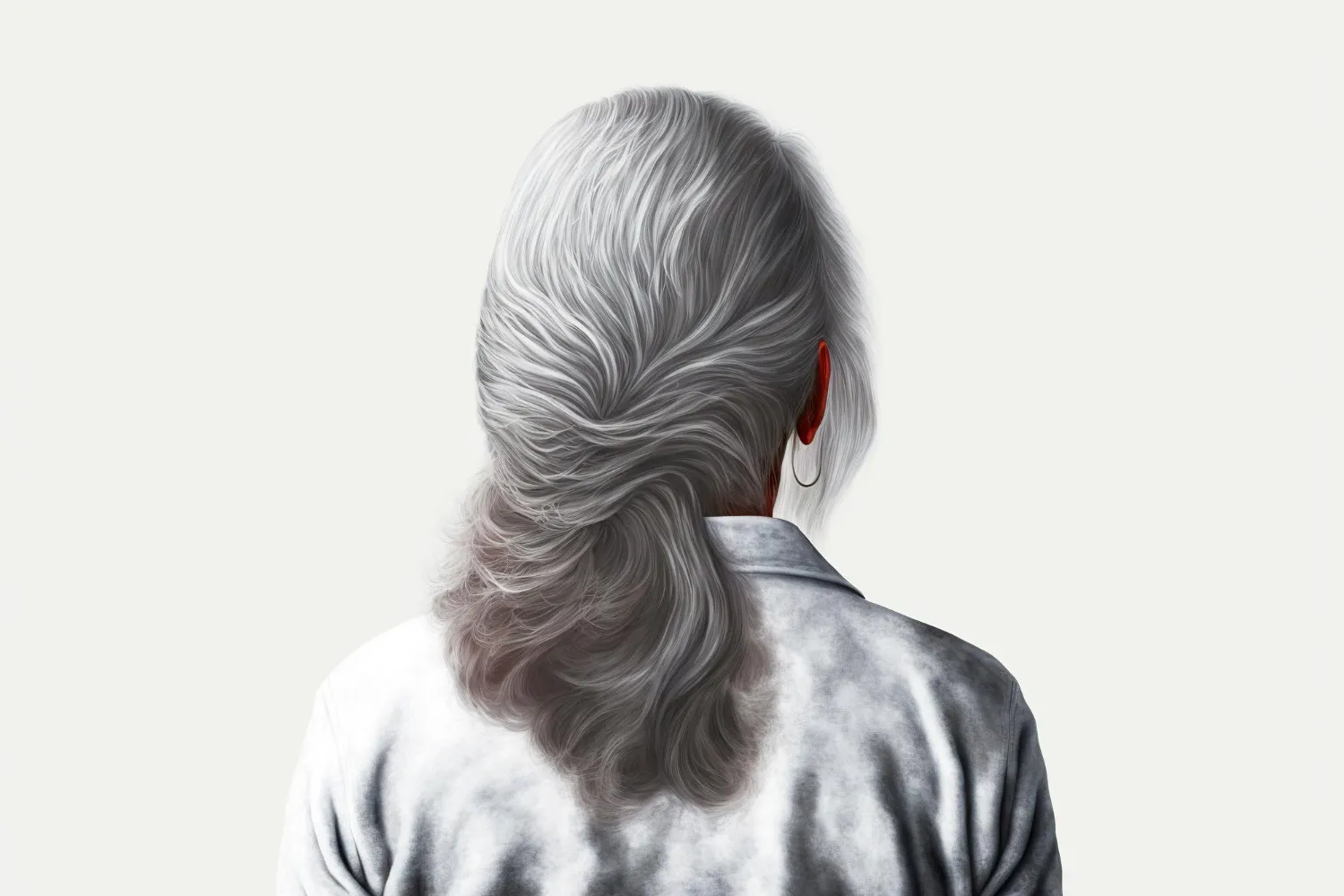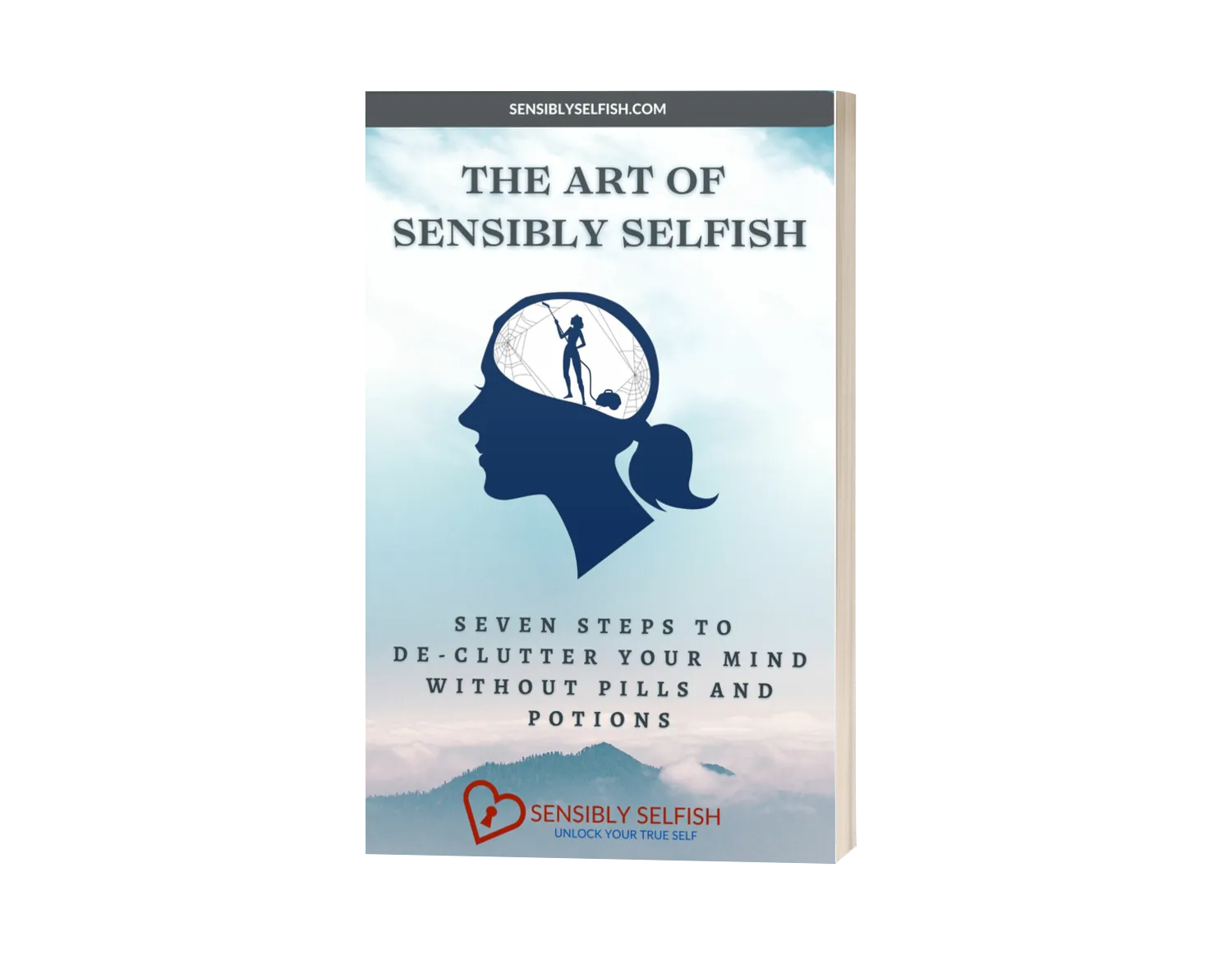War and Peace
The Simple Power of a Healthy Liver

[Toc]
This post is meant to intrigue and focus on a unique perspective on achieving global peace through individual well-being, particularly focusing on liver health. If you're expecting a discussion on midlife topics or world history, this post might not be what you're looking for. Instead, prepare for a whimsical journey centered around a profound idea.
Amid my love affair with books, a single sentence recently turned my world upside down: "To create peace in the world, we have to heal our livers." Such simplicity, yet profound implications may resonate with many of us. Read on!
Note - Before we embark together on this exploration of liver health, it's crucial to acknowledge that individual concerns should always be addressed with professional medical guidance. Nurturing your liver is an integral part of holistic well-being, and seeking advice from healthcare professionals ensures personalized care tailored to your unique needs. Remember, your health journey is a collaborative effort, and professional support is invaluable on this path to vitality.
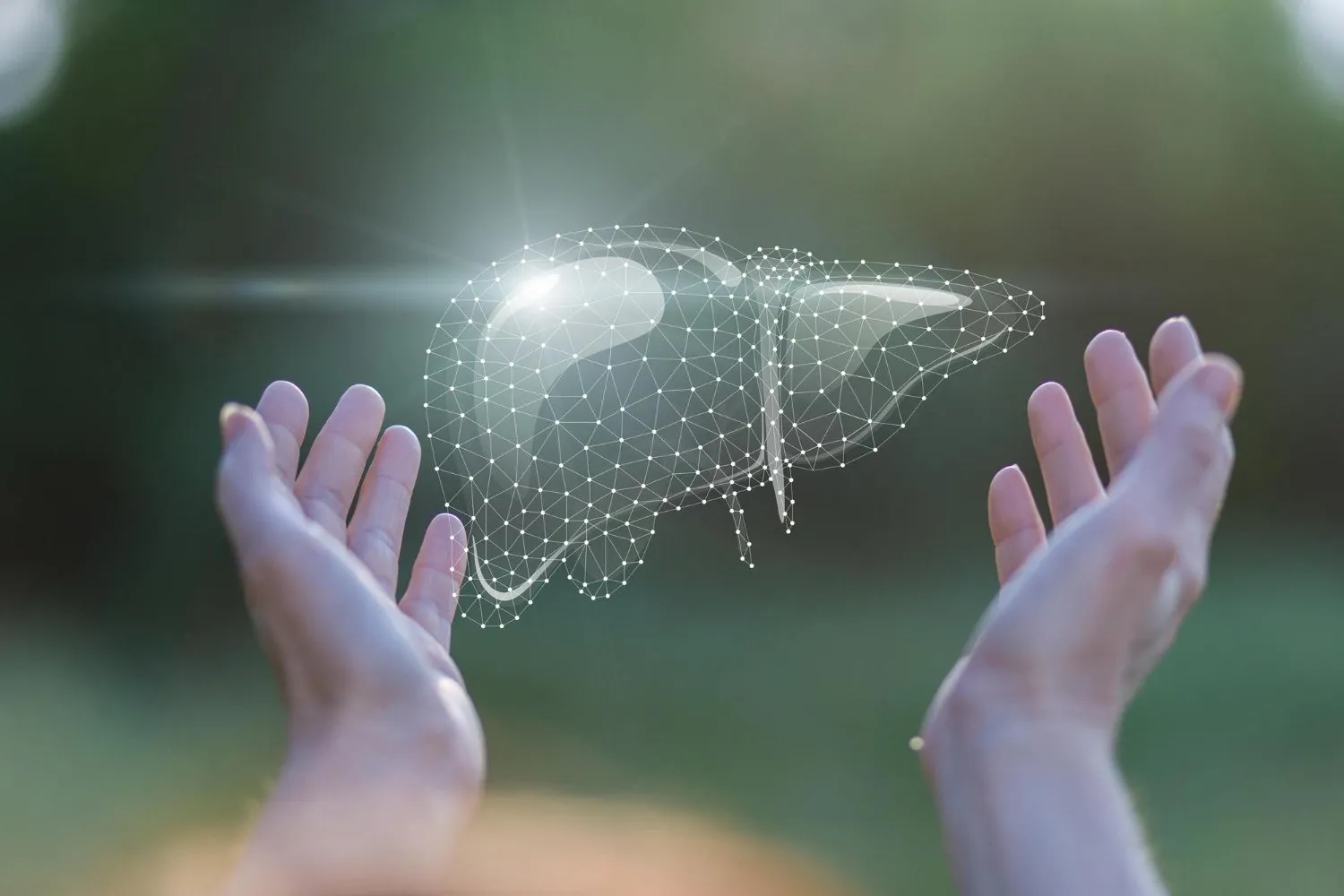
The Peacekeeper - Our Liver
In the grand orchestration of our bodies, where each organ plays a distinct role, the liver emerges as the unsung hero, the silent architect of balance. Often residing in the shadow of more celebrated counterparts, the liver takes on the crucial role of a peacekeeper, orchestrating a complex defense system that guards us against an array of threats.
Imagine the liver as the meticulous guardian of our internal equilibrium. It skillfully processes nutrients, filters toxins, and regulates essential substances, serving as a central hub for maintaining homeostasis. It's the diplomat in our biological diplomacy, negotiating and harmonizing the intricate dance of hormones, chemicals, and metabolic processes.
Despite its pivotal function, the liver remains one of the most understudied and misunderstood organs. While the heart's rhythmic beats and the brain's intricate cognition draw attention, the liver quietly labors behind the scenes, addressing a myriad of tasks vital for our well-being.
This remarkable organ, with its multifaceted responsibilities, deserves acknowledgment for its ceaseless efforts in maintaining our internal stability. As we explore the correlation between liver health and global peace, it's imperative to unveil the liver's complexity, appreciating its role as not just a physical organ but a peacekeeper in the delicate symphony of our existence.
By understanding the liver's intricacies, we begin to grasp its profound impact on our overall health and, consequently, on the broader canvas of societal well-being. The liver, an unassuming hero in our biological narrative, invites us to recognize its significance and embark on a journey of nurturing this peacemaker within us.

A Global Epidemic: Anger and Liver Disease
Our world is grappling with a dual epidemic—simultaneous surges of liver disease and anger. Watch the news, and you're confronted with the manifestations of this global turmoil, ranging from Oscar award fights to civil wars and escalating tensions that seem incessant, echoing the alarming beat of a never-ending war drum.
The statistics from the British Liver Trust underscore the gravity of the situation. Liver-related deaths have skyrocketed by a staggering 400% since 1970, heralding an alarming trajectory. Liver disease is on the brink of overshadowing heart disease, poised to claim the position of the third leading cause of premature death in the UK. A chilling revelation, considering that an overwhelming 90% of liver disease cases are preventable.
The question reverberates: Is there a correlation between the state of the planet and the surge in liver disease? Could the collective anger, strife, and discord mirrored in global events be intricately linked to the silent suffering of our livers? As we grapple with these questions, it becomes evident that our well-being is entwined with the health of the planet, creating a symbiotic relationship between internal and external harmony.
Delving deeper into this intricate connection reveals the need for collective introspection and a shift in our societal mindset. The global epidemic of anger and liver disease beckons us to explore beyond the superficial, urging us to consider the profound impact of our lifestyles on personal health and, by extension, on the well-being of the world we inhabit.
As we confront this dual epidemic, the opportunity for change emerges. Acknowledging the preventability of liver disease empowers us to proactively address our lifestyles, fostering a ripple effect that could extend to societal peace. The link between global events and individual health unveils a narrative of interconnectedness, offering a compelling call to action for both personal and planetary well-being.

The Modern Lifestyle Quandary
In the whirlwind of our contemporary existence, our livers bear the brunt of a modern lifestyle besieged by stress, unhealthy dietary habits, and sedentary routines. Beyond the visible manifestations of obesity and excessive alcohol consumption, even those seemingly leading balanced lives may find their livers silently struggling.
Our livers, noble guardians against toxins, often work overtime in the face of today's relentless onslaught. The modern diet, laden with processed foods and devoid of essential nutrients, compounds the challenges. The sedentary nature of our lives further hampers the liver's ability to function optimally.
What remains largely unexplored is the intricate connection between our liver's well-being and the demanding pace of contemporary life. The liver, often the unsung hero in our health narrative, beckons us to reevaluate our lifestyles, fostering an environment conducive to its efficient operation. This revelation prompts us to recognize that even subtle adjustments in our daily choices can translate into profound benefits for our liver health and overall well-being.
The What If Scenario
Consider the possibility that the challenges of midlife—itchy skin, hair loss, and bloating—are subtle signals from our liver, desperately seeking our attention. Could it be that our hot flashes extend beyond menopause, portraying an overworked liver pleading for relief?
Survey your midlife landscape, encompassing a spectrum of ailments like sleep issues, backache, tiredness, SAD, anxiety/depression, migraines, high blood pressure, diabetes, varicose veins, leaky gut, and more. Pause and reflect: Is there a conceivable link to the health of your liver?
Contemplate the profound notion that our understanding of our bodies and this stage of life might necessitate a fundamental reevaluation and relearning. Embracing this "what if" scenario invites us to explore the nuanced connections between our well-being and the intricate workings of our liver, urging us towards a path of holistic self-care.

Is Your Liver Struggling? A Simple Check
To gauge the well-being of your liver, try this straightforward self-check: Measure your height, divide it by two, and compare it to your waist measurement. Typically, a healthy liver aligns with a waist measurement of less than half your height. While this serves as a basic guideline, it's not a substitute for routine blood tests.
WARNING - This method is a general rule of thumb, acknowledging our unique individuality. It should not replace regular blood tests, deemed the most effective means of detecting liver concerns presently.
The encouraging news is that our liver possesses a remarkable ability to self-repair, especially when provided with the space to do so. Seeking medical advice before symptoms emerge is crucial. Even if your measurements and tests show positive results, expressing some care for your liver is always a wise investment in your overall well-being.
Liver Love: A Call to Action
Envision a transformative commitment as we dedicate the spring season to embracing our liver's well-being. Picture a liver-love-fest, a conscious effort to nourish this peacemaking organ through deliberate food choices, regular exercise, and prioritizing ample sleep.
Reflecting on ancient wisdom, the Romans, Greeks, and Egyptians incorporated dandelion roots into their spring rituals. This revered practice aimed to cleanse the bloodstream, fortify digestive functions, and promote optimal liver health. It serves as a poignant reminder that, despite our modern ways, we remain interconnected with nature.
By rekindling this ancient approach and aligning ourselves with the rhythm of the seasons, we embark on a journey of harmonizing our internal landscape. Embracing a liver-centric lifestyle during spring becomes not only a call to action but a profound acknowledgment of our symbiotic relationship with the natural world.

Seven Spring Steps to Liver Wellness
Before delving into these steps, consider this: your liver, often an unsung hero, tirelessly supports your well-being. As we transition into spring, let's shift our focus towards nurturing this vital organ. Below are seven simple steps you can take right now to promote liver wellness, embracing the season as an opportune moment for holistic rejuvenation.
1. Hydrate consistently - no excuses. Water is the elixir of life. Infuse your days with the healing power of hydration.
2. Include more fruit in your diet - especially an apple a day for natural sugars. Nature provides sweet solutions. A simple apple can be a daily gesture of gratitude to your liver.
3. Embrace bitter greens - arugula, spinach, kale, dandelion, sprouts, Brussels sprouts. These greens aren't just a culinary delight but also a liver-loving tonic.
4. Relax and reduce stress. The tranquility of your mind is a balm for your liver. Consider meditation, deep breathing, or a calming walk in nature.
5. Exercise - take a stroll in nature and witness its transformative magic. The synergy between nature and exercise is a powerful recipe for liver rejuvenation.
6. Choose your foods wisely - avoid heavy fats before lunch, and steer clear of pork, lamb, dairy, eggs, and alcohol. Your dietary choices can either burden or uplift your liver; choose wisely.
7. Prioritize 8 hours of sleep. Sleep is a reset button for your body, and a well-rested liver is better equipped to fulfill its peacemaking role.
Share Your Liver Story
Embark on this shared exploration by sharing your unique liver story. Your narrative adds layers to the collective understanding of well-being. Because the change we aspire to witness in the world commences within each of us. Your story matters; let it spark a conversation that transcends personal wellness and ripples into a collective journey of renewal. Join us in illuminating the path toward holistic health, one story at a time.


